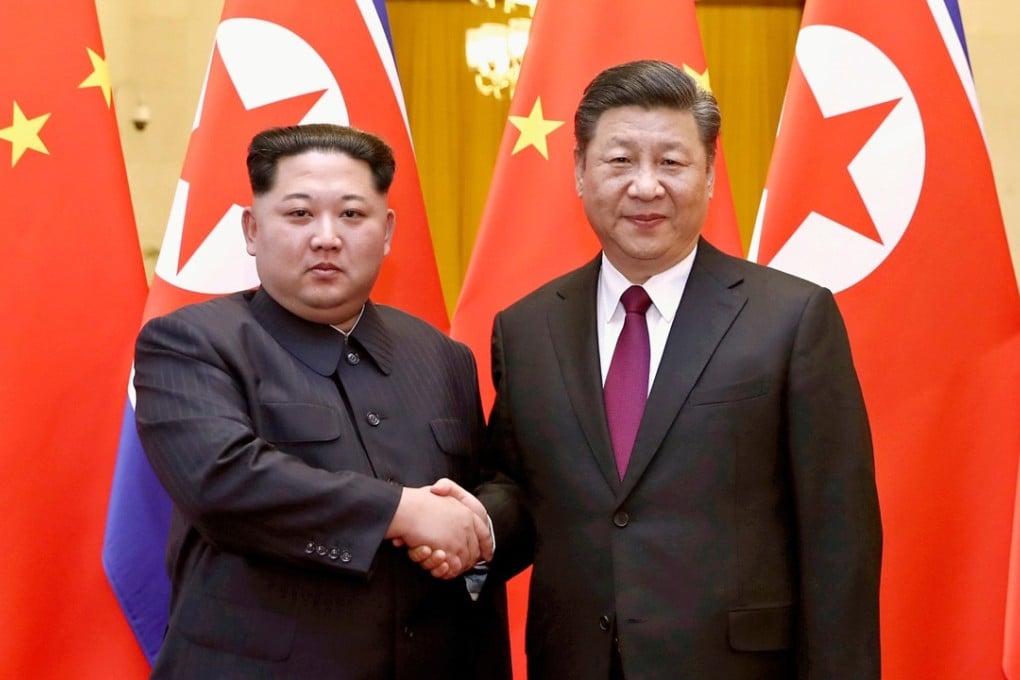How China can stay in the North Korea influence game
Beijing’s influence over Pyongyang has waned over the years but it still has a number of economic cards it can play to make sure it is not sidelined in developments on the Korean peninsula

Blink and you would have missed it. When China’s foreign ministry spokesman was asked late last month about plans for a summit in Singapore between the leaders of the United States and North Korea, he appeared to offer a textbook response.
After casting the meeting as “crucial to advancing the denuclearisation of the Korean peninsula”, ministry spokesman Lu Kang said “China has always played a positive and constructive role” in the issue.
For readers of the tea leaves of Chinese official statements, Lu’s emphasis was on “always”, a subtle message that China had no intention of being left out of what happens next with its nuclear-armed neighbour.
Beijing’s influence over Pyongyang has waned over the years, particularly since China backed tougher United Nations sanctions against North Korea in September over the North’s repeated nuclear tests.
It is also not certain what role China would play in any peace process to formally end the Korean war, with both Washington and Seoul avoiding all mention of Beijing in recent statements about potential negotiations.
But as Lu from the foreign ministry made clear, China intends to stay in the game.